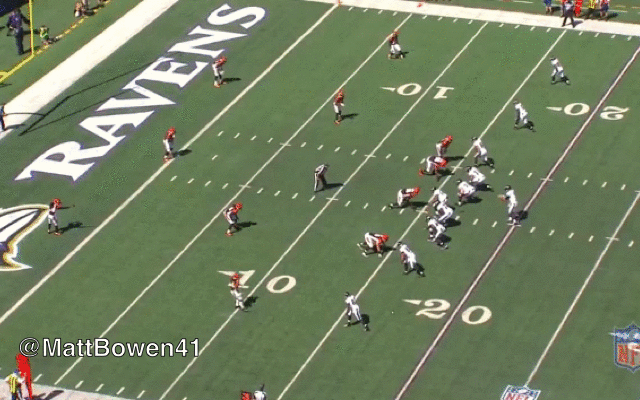I know that we are all on edge personally and professionally right now about COVID-19 (aka Coronavirus) and l thought it might be helpful to share some advice with my friends in the background screening industry about some of the responsible actions we can take to mitigate the concerns of our clients. Because I’m very sales and marketing centric, you’ll see that this list skews heavily toward communicating with your clients and reassuring them that they can count on you.
1. Evaluate and Fine Tune Your Business Continuity Plan (BCP)- For the purposes of this discussion, I’m going to assume that you are familiar with this concept and that you have a plan to limit business interruptions when they arise. Well, it’s one thing to develop these plans when there is no pending emergency. It’s entirely different when you might be forced to use them. My advice would be to evaluate your plans if you haven’t already done so and make sure that they adequately address your ability to operate.
2. Communicate with Your Clients- The worst thing you can do right now is go radio-silent. Your clients need to know that you are thinking about them and you are ready to step up to the best of your ability. One way to do that is to communicate that you have a BCP and are prepared to execute should the need arise. You don’t necessarily need to be heavy on details as many won’t take the time to dig in right now but be prepared to share the non-confidential part of these plans with your clients on an on-request basis.
Further, assure your clients that you will continue to keep them updated should the need arise. We already know for instance that colleges and universities have started to cancel classes or move to e-learning courses. Not sure what this might mean as far as the registrars’ ability to keep up with verification requests. High School diploma verifications which are tough as it is, could become more challenging. Our school district just put the kids on mandatory Spring Break for the next two weeks. Getting a hold of them for verifications could be difficult until they are back up and running. At a minimum, I would consider a weekly update to your clients letting them know what is going on until things return to normal. Obviously, you might choose to accelerate your communication schedule based on changing events.
Lastly, consider the best mode of communication. This seems obvious, but if you have clients that are more adversely affected than others you might want to email and call. Email is a good way to communicate a clinical message, but it’s hard for an email to express care or concern. Your clients will appreciate the personal touch.
3. Limit Marketing Activities That Could Appear to Be Taking Advantage of the Situation- Okay, I know this is probably obvious to most. However, even the whiff of disingenuous outreach or misinterpretation could cause significant repercussions. Yesterday, one of my clients asked for help drafting a message which informed their clients about a service they could provide in the event they were unable to staff properly for various activities. Instead of sending out designed blast email and blogging about it, we crafted a message that was respectful to the situation and would be personally sent from their Account Managers letting them know we had their back.
4. Consider Discussing Automated Court Research with Your Clients- Some CRAs and, or end users haven’t warmed up to the concept of automating criminal background check research where it is proven to match or improve the quality of in-person research. In the event that we may experience court closures, it makes sense to let these clients know that you can continue to fulfill their orders using automated research. This alone could certainly alleviate the opportunity for delayed searches and backlogs.
5. Consider Having Non-Essential Personnel Work Remotely- Your sales and marketing teams shouldn’t require access to your sensitive or operational systems in order to do their jobs. If you want to limit the people in your offices and reduce the opportunity for company-wide outbreaks, maybe it’s time to consider the remote option for non-essential employees. This probably won’t reassure clients but it’s all part of mitigating the risk of essential employees becoming infected.
By no means is this an all-inclusive list. I’m sure many of you have other suggestions that you are using now or have used in the past that have worked well and I’d love to hear them. Let’s keep the dialogue going and realize that we can all help each other through this uncertain time.






